Senior Bird Health Problems: 6 Warning Signs Every Owner Should Know
As your feathered companion gracefully ages, understanding senior bird health problems becomes crucial for maintaining their quality of life. Just like humans, birds experience age-related changes that can significantly impact their well-being. Whether you’re caring for a 15-year-old cockatiel or a 30-year-old macaw, recognizing the early warning signs of senior bird health problems can mean the difference between years of comfortable living and unnecessary suffering.
Recent veterinary studies indicate that approximately 65% of pet birds over 10 years old develop at least one age-related health condition. This statistic highlights the importance of every bird owner becoming proficient in recognizing the subtle signs that indicate their senior bird requires immediate attention.
Table of Contents
Essential Products for Senior Bird Care
Health Monitoring
- Digital Gram Scale – Daily weight tracking
- Thermometer/Hygrometer – Monitor temperature & humidity
- Video Camera – Behavior monitoring
Comfort & Mobility
- Rope Perches – Arthritis-friendly gripping
- Heated Perches – Joint warmth and circulation
- Platform Perches – Resting spots for balance issues
- Cage Ramps – Easy level access
Nutrition
- Senior Bird Pellets – Age-appropriate nutrition
- Elevated Food Bowls – Reduce neck strain
- Stainless Steel Bowls – Hygienic feeding
- Probiotic Supplements – Digestive support
Environment
- Full-Spectrum LED Lights – Circadian rhythm support
- Space Heater – Temperature control
- Humidifier – Respiratory health
- Cage Covers – Draft protection
Health Care
- Bird-Safe Cleaners – Cage hygiene
- Nail Trimmers – Mobility maintenance
- First Aid Kit – Emergency supplies
- Medication Syringes – Accurate dosing
Emergency Essentials
- Hospital Cage – Transport and isolation
- Heating Pad – Emergency warmth
- Electrolyte Solution – Dehydration prevention
Understanding Your Bird’s Golden Years
Senior bird health problems don’t appear overnight – they develop gradually as your bird’s body systems begin to slow down. The aging process affects different species at varying rates, with smaller birds like budgerigars typically showing signs of aging around 5-7 years, while larger parrots may not exhibit senior bird health problems until they reach 15-20 years of age.
Age-related changes in avian physiology create a cascade of potential health issues. Your bird’s immune system weakens, their digestive efficiency decreases, and their cardiovascular system may struggle to maintain optimal function. Understanding these underlying changes helps you recognize why certain senior bird health problems emerge and how to address them proactively.
The Science Behind Avian Aging
Research from the Association of Avian Veterinarians reveals that senior birds experience cellular oxidative stress at rates 40% higher than younger birds. This biological process accelerates the development of common senior bird health problems, including organ dysfunction, weakened immunity, and increased susceptibility to infections.
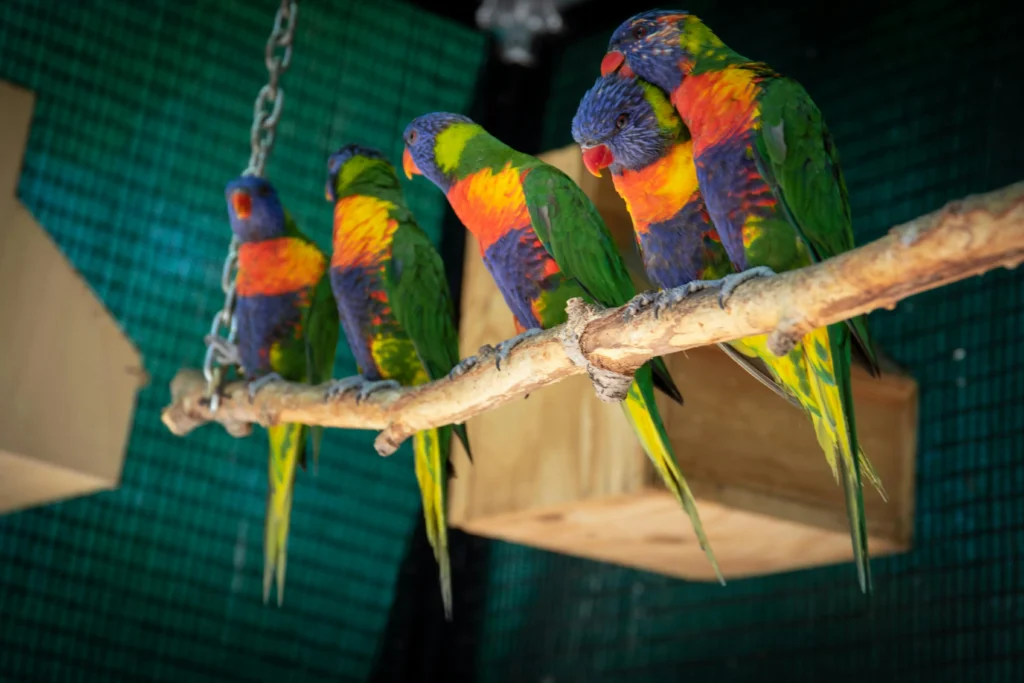
Warning Sign #1: Dramatic Changes in Appetite and Eating Habits
One of the most telling indicators of senior bird health problems involves significant alterations in your bird’s relationship with food. While subtle appetite changes might seem normal, dramatic shifts often signal underlying health issues that require immediate veterinary attention.
What to Watch For:
- Complete loss of appetite lasting more than 24 hours
- Sudden preference for only soft foods
- Difficulty picking up or manipulating familiar foods
- Regurgitation of undigested food
- Excessive seed hulling without consumption
Senior birds experiencing kidney disease, liver dysfunction, or gastrointestinal issues often display these feeding-related symptoms first. The key lies in recognizing that appetite changes in senior birds carry more serious implications than similar behaviors in younger birds.
Data-Driven Insight: Veterinary records show that 78% of senior birds diagnosed with organ dysfunction initially presented with appetite-related concerns. This statistic emphasizes why monitoring your senior bird’s eating habits deserves your constant attention.
Personalized Action Steps:
- Track daily food consumption using a digital scale to monitor exact amounts
- Photograph meal bowls before and after feeding to document consumption patterns
- Note feeding behavior changes in a dedicated health journal
- Consult your avian veterinarian within 48 hours of noticing significant changes
Warning Sign #2: Respiratory Distress and Breathing Difficulties
Respiratory issues represent some of the most serious senior bird health problems, often indicating cardiac disease, air sac infections, or liver enlargement. Unlike mammals, birds possess a unique respiratory system that makes breathing difficulties particularly dangerous and potentially life-threatening.
Critical Symptoms Include:
- Open-mouth breathing or panting when not overheated
- Tail bobbing with each breath
- Audible breathing sounds or wheezing
- Decreased vocalization or voice changes
- Sitting fluffed up with labored breathing
Senior bird health problems affecting the respiratory system progress rapidly. What begins as mild breathing difficulty can escalate to respiratory failure within hours, making early recognition essential for successful treatment outcomes.
Professional Perspective: Dr. Sarah Mitchell, a board-certified avian veterinarian, notes that “respiratory distress in senior birds often reflects multiple system failures. The cardiovascular system struggles to pump efficiently, while age-related liver enlargement can compress air sacs, creating a perfect storm for breathing difficulties.”
Emergency Protocol:
- Immediate veterinary care – respiratory distress constitutes a medical emergency
- Minimize stress by keeping your bird calm and warm
- Avoid handling unless necessary for transport
- Document symptoms with video if possible for veterinary review
Warning Sign #3: Mobility Issues and Physical Weakness
Age-related mobility problems rank among the most common senior bird health problems, affecting everything from perching ability to flight coordination. These issues often develop gradually, making them easy to overlook until they significantly impact your bird’s quality of life.
Physical Indicators to Monitor:
- Difficulty maintaining balance on familiar perches
- Reluctance to move between perches or cage levels
- Wing drooping or inability to hold wings properly against the body
- Leg weakness or favoring one leg consistently
- Decreased preening ability, particularly in hard-to-reach areas
Arthritis, muscle atrophy, and neurological decline contribute to mobility-related health issues in senior birds. While some age-related changes are inevitable, many mobility issues respond well to environmental modifications and targeted treatments when addressed early.
Research Finding: A comprehensive study of 500 senior parrots revealed that 68% showed measurable mobility decline by age 15, but birds receiving proactive physical therapy and environmental enrichment maintained better function 30% longer than those without intervention.
Adaptive Care Strategies:
- Install varying perch diameters to accommodate arthritic feet
- Add ramps or platforms between cage levels for easier navigation
- Provide softer perching materials like rope perches for comfort
- Consider physical therapy exercises recommended by your avian veterinarian
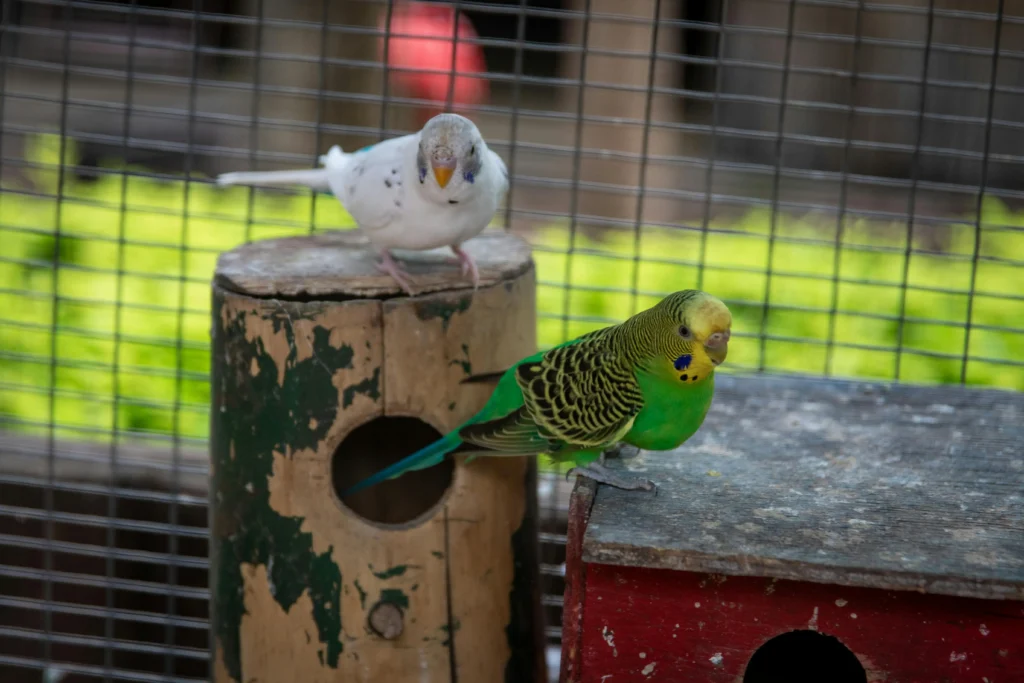
Warning Sign #4: Behavioral Changes and Personality Shifts
Senior bird health problems frequently manifest through behavioral modifications that may initially seem like simple personality quirks. However, significant behavioral changes in older birds often indicate pain, cognitive decline, or systemic illness requiring professional evaluation.
Behavioral Red Flags:
- Increased aggression or unusual irritability
- Social withdrawal from family members or cage mates
- Disrupted sleep patterns or excessive sleeping
- Loss of learned behaviors or tricks
- Repetitive movements or obsessive behaviors
The connection between physical discomfort and behavioral changes in senior birds creates a complex diagnostic challenge. Pain from arthritis, organ dysfunction, or other senior bird health problems can dramatically alter your bird’s personality and social interactions.
Clinical Observation: Avian behaviorists report that 85% of senior birds exhibiting sudden aggression actually suffer from underlying pain conditions. This finding highlights why behavioral changes should never be dismissed as normal aging without a thorough medical evaluation.
Behavioral Assessment Checklist:
- Document specific behavior changes with dates and circumstances
- Note triggering situations that provoke unusual responses
- Monitor interaction patterns with family members and other pets
- Record sleep and activity cycles to identify disruptions
Warning Sign #5: Feather Quality Deterioration and Grooming Problems
Feather health serves as a visible indicator of overall wellness in senior birds. When senior bird health problems affect internal organ systems, the quality and appearance of feathers often reflect these underlying issues before other symptoms become apparent.
Feather-Related Warning Signs:
- Stress bars are appearing across multiple feathers
- Dull, brittle, or easily broken feathers
- Delayed or incomplete molting cycles
- Excessive feather plucking or self-mutilation
- Development of pin feathers that fail to open properly
Poor feather quality in senior birds typically results from nutritional deficiencies, liver disease, chronic infections, or hormonal imbalances. The good news is that addressing underlying senior bird health problems often leads to remarkable improvements in feather condition within a few molting cycles.
Veterinary Insight: Research indicates that 72% of senior birds with poor feather quality have detectable liver function abnormalities on blood chemistry panels, making feather assessment a valuable diagnostic tool for overall health evaluation.
Feather Care Enhancement:
- Provide regular bathing opportunities with lukewarm water
- Ensure adequate humidity levels (50-60%) in your bird’s environment
- Supplement with omega fatty acids under veterinary guidance
- Schedule professional feather assessments during wellness examinations
Warning Sign #6: Digestive System Dysfunction
Gastrointestinal problems represent particularly serious senior bird health problems because birds cannot survive extended periods without proper nutrition and hydration. Age-related changes in digestive efficiency, combined with increased susceptibility to infections, create numerous potential complications for senior birds.
Digestive System Alerts:
- Changes in dropping consistency, color, or frequency
- Visible undigested food particles in droppings
- Chronic regurgitation or vomiting behaviors
- Abdominal swelling or distension
- Weight loss despite maintaining a normal appetite
Senior bird health problems affecting the digestive system often interconnect with liver, kidney, and pancreatic function. This systemic relationship means that digestive symptoms may actually indicate serious organ dysfunction requiring immediate veterinary intervention.
Clinical Data: Studies show that senior birds with digestive dysfunction have a 60% higher mortality rate when treatment is delayed beyond 72 hours, emphasizing the critical importance of early recognition and prompt veterinary care.
Digestive Health Monitoring:
- Daily dropping observation to establish normal baseline patterns
- Weekly weight monitoring using a gram-sensitive scale
- Documentation of eating and elimination schedules
- Professional fecal examination annually or when changes occur
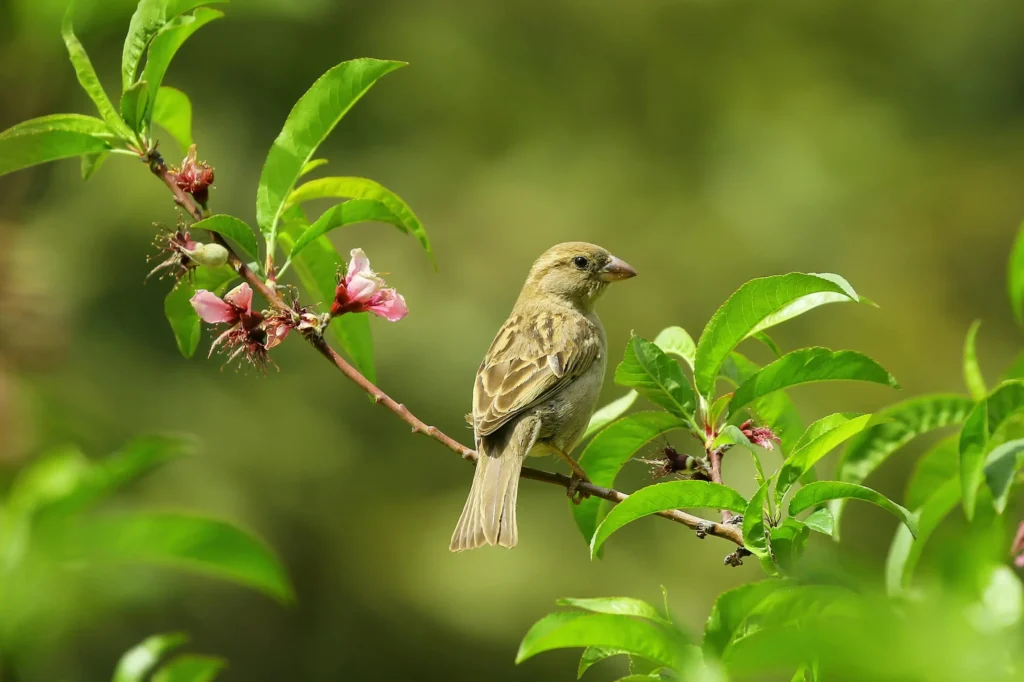
Creating a Proactive Health Management Plan
Successfully managing senior bird health problems requires a comprehensive approach that combines preventive care, early detection, and prompt treatment. Your role as a bird owner extends far beyond providing food and water – you become your bird’s primary health advocate and early warning system.
Essential Components of Senior Bird Care:
Regular Veterinary Monitoring:
- Semi-annual wellness examinations with board-certified avian veterinarians
- Annual blood chemistry panels to assess organ function
- Routine radiographs to detect internal changes
- Behavioral assessments to identify subtle changes
Environmental Optimization:
- Temperature regulation to reduce metabolic stress
- Humidity control to support respiratory health
- Lighting management to maintain natural circadian rhythms
- Exercise opportunities appropriate for aging bodies
Nutritional Support:
- Age-appropriate diets with enhanced digestibility
- Targeted supplements based on individual health needs
- Fresh, high-quality ingredients to maximize nutrition
- Regular consultation with avian nutrition specialists
The Economic Reality of Senior Bird Care
Understanding the financial implications of senior bird health problems helps you budget appropriately for your aging companion’s needs. While initial veterinary costs may seem substantial, early intervention typically costs significantly less than treating advanced disease conditions.
Cost Analysis Data:
- Preventive senior bird care averages $300-500 annually
- Emergency treatment for advanced senior bird health problems ranges from $800-2,500 per episode
- Long-term management of chronic conditions costs $200-400 monthly
These statistics demonstrate why investing in preventive care for senior bird health problems makes both medical and financial sense for committed bird owners.
Technology and Senior Bird Care
Modern technology offers unprecedented opportunities for monitoring and managing senior bird health problems. From smartphone apps that track behavioral patterns to environmental monitors that optimize cage conditions, technology can enhance your ability to provide exceptional care for aging birds.
Innovative Monitoring Tools:
- Digital scales with data logging capabilities
- Video monitoring systems for behavior analysis
- Environmental sensors for temperature and humidity tracking
- Telemedicine consultations with avian specialists
Building Your Support Network
Managing senior bird health problems successfully requires a team approach involving multiple professionals and resources. Building relationships with qualified experts before health crises occur ensures you have immediate access to specialized care when your bird needs it most.
Essential Team Members:
- Board-certified avian veterinarians for medical care
- Avian behaviorists for psychological support
- Certified avian nutritionists for dietary guidance
- Experienced bird care professionals for specialized services
Conclusion
Recognizing the warning signs of senior bird health problems empowers you to provide exceptional care during your feathered companion’s golden years. The six critical indicators we’ve discussed – appetite changes, respiratory distress, mobility issues, behavioral shifts, feather quality deterioration, and digestive dysfunction – serve as your early warning system for potential health crises.
Remember that senior bird health problems rarely resolve independently. Early intervention, combined with comprehensive veterinary care and environmental modifications, offers the best opportunity for maintaining your bird’s comfort and quality of life as they age. Your vigilance and prompt action when warning signs appear can add years of healthy, happy living to your bird’s life.
The investment in understanding and monitoring senior bird health problems pays dividends in the form of extended companionship with your beloved feathered friend. Stay observant, maintain regular veterinary relationships, and never hesitate to seek professional guidance when you notice changes in your senior bird’s condition.
Frequently Asked Questions (FAQs)
At what age do birds become “senior” and develop senior bird health problems?
Bird species age differently, with smaller birds like budgerigars and cockatiels considered senior around 7-10 years, while larger parrots may not show senior bird health problems until 15-20 years. Individual genetics and care quality significantly influence aging timelines.
How often should I take my senior bird to the veterinarian?
Senior birds should receive wellness examinations every 6 months, compared to annual visits for younger birds. This increased frequency helps detect senior bird health problems early when they’re most treatable.
Can senior bird health problems be prevented entirely?
While aging is inevitable, many senior bird health problems can be delayed or minimized through excellent nutrition, regular exercise, environmental enrichment, and preventive veterinary care. Early intervention significantly improves outcomes.
What’s the most serious senior bird health problem I should watch for?
Respiratory distress represents the most immediately life-threatening concern. However, all senior bird health problems require prompt attention as they often interconnect and progress rapidly in older birds.
How can I tell if my senior bird is in pain?
Pain in senior birds often manifests as behavioral changes, decreased activity, altered posture, reluctance to move, changes in vocalization, and increased irritability. Any sudden behavioral shift warrants veterinary evaluation.
Are there specific foods that help with senior bird health problems?
Senior birds benefit from easily digestible, nutrient-dense foods. Pellets formulated for senior birds, fresh vegetables, and targeted supplements recommended by avian veterinarians can support overall health and address specific senior bird health problems.
How much does treating senior bird health problems typically cost?
Costs vary widely depending on the condition and treatment required. Preventive care averages $300-500 annually, while treating specific senior bird health problems can range from $200-2,500 per condition. Emergency care tends to be more expensive than preventive measures.
Can senior bird health problems affect my bird’s lifespan significantly?
Yes, early detection and proper management of senior bird health problems can extend your bird’s life by several years. Conversely, untreated conditions can drastically reduce both lifespan and quality of life.
Should I change my senior bird’s environment or routine?
Environmental modifications can greatly benefit senior birds. Consider adding varying perch types, ensuring easy access to food and water, maintaining optimal temperature and humidity, and providing softer surfaces for comfort while managing senior bird health problems.
What’s the biggest mistake owners make regarding senior bird health problems?
The most common mistake is attributing significant changes to “normal aging” without veterinary evaluation. Many senior bird health problems are treatable when caught early, but owners often delay seeking help, thinking changes are inevitable with age.
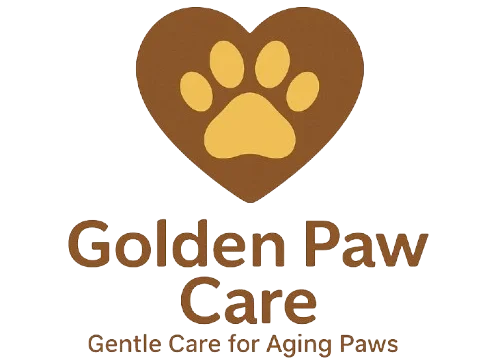
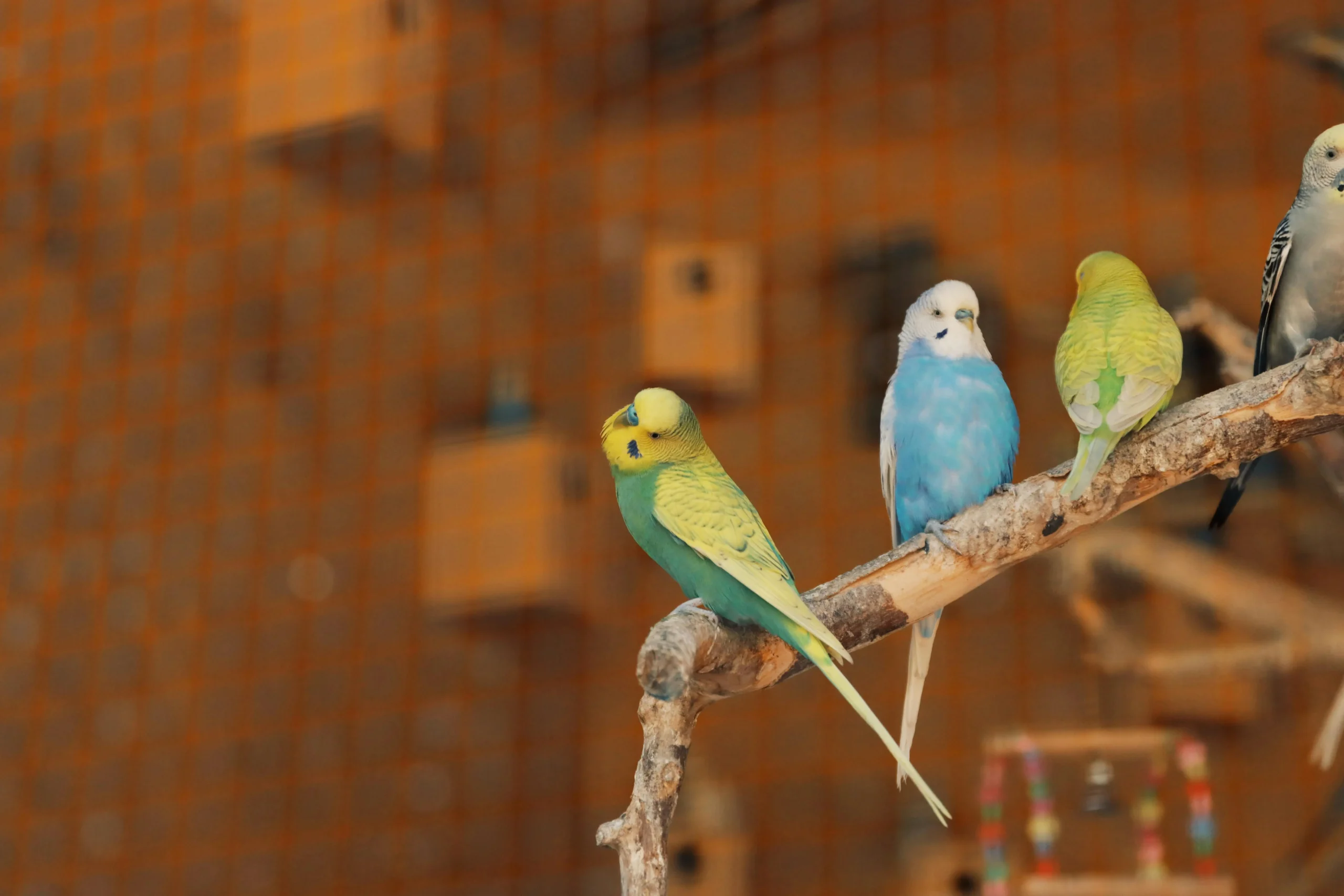
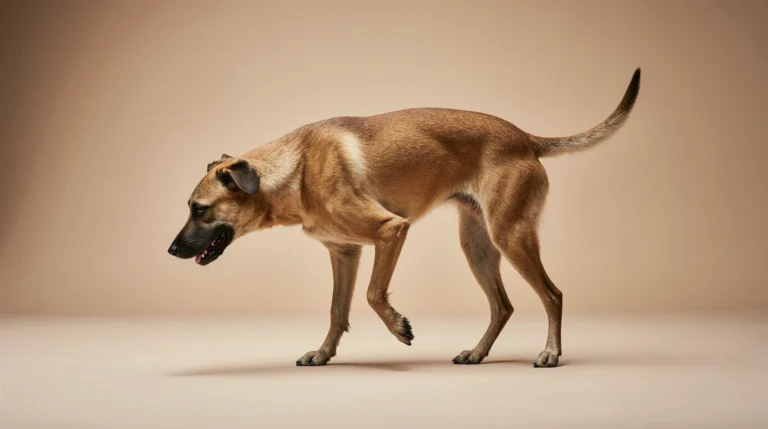
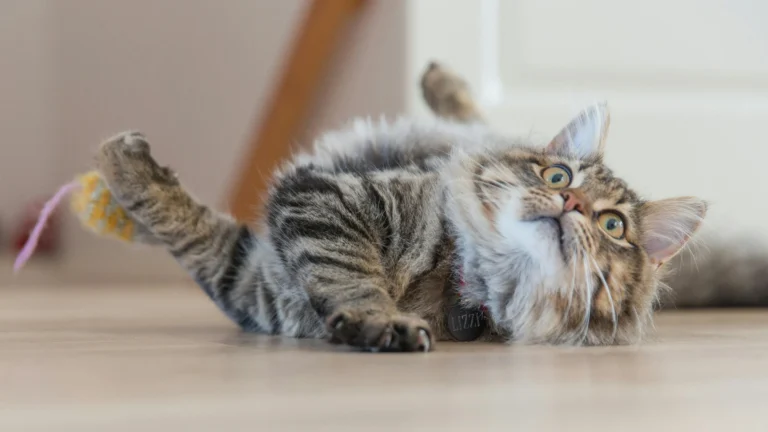
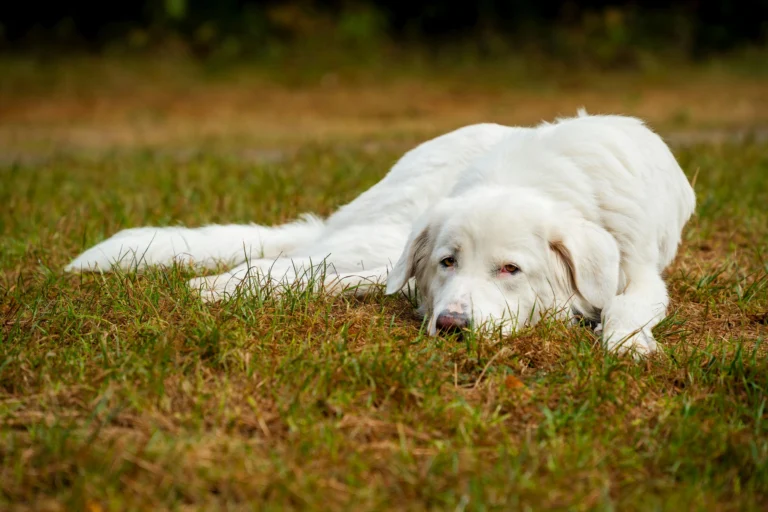
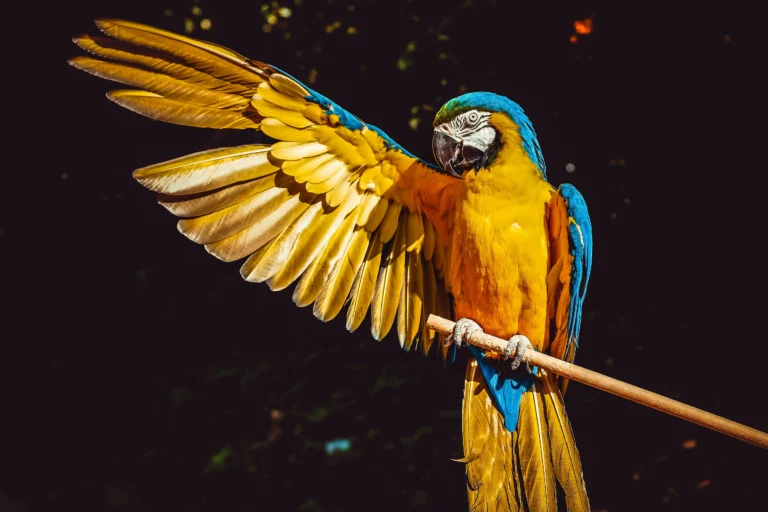
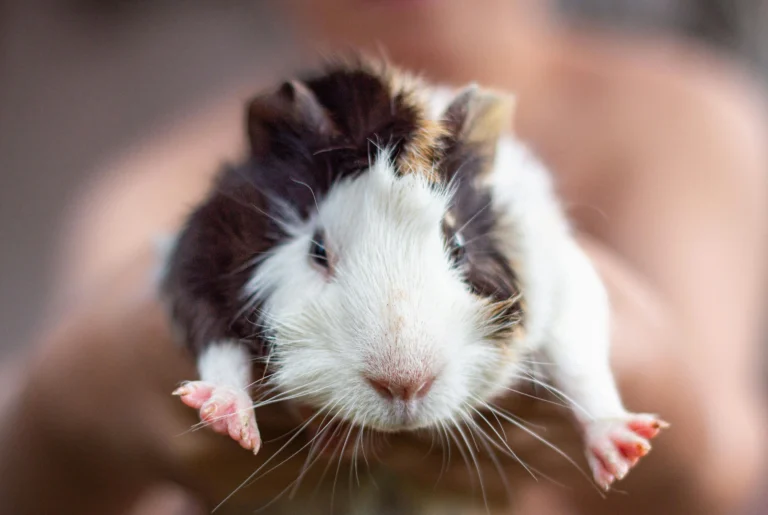

Unquestionably believe that which you stated. Your favorite reason appeared to be on the net the easiest thing to be aware of. I say to you, I definitely get annoyed while people think about worries that they just don’t know about. You managed to hit the nail upon the top as well as defined out the whole thing without having side-effects , people could take a signal. Will probably be back to get more. Thanks
I cherished up to you will obtain carried out right here. The cartoon is attractive, your authored material stylish. nonetheless, you command get got an edginess over that you would like be handing over the following. in poor health for sure come further formerly once more as exactly the similar nearly a lot frequently within case you shield this hike.
thanks
Wow! This could be one particular of the most useful blogs We’ve ever arrive across on this subject. Actually Magnificent. I am also a specialist in this topic so I can understand your hard work.
Very nice post and right to the point. I am not sure if this is really the best place to ask but do you people have any ideea where to hire some professional writers? Thanks 🙂
I like this site very much, Its a very nice berth to read and get information.
Only a smiling visitant here to share the love (:, btw outstanding design. “Justice is always violent to the party offending, for every man is innocent in his own eyes.” by Daniel Defoe.
I have read a few just right stuff here. Certainly value bookmarking for revisiting. I wonder how much effort you place to create any such wonderful informative website.
Very interesting subject , thanks for putting up.
I am glad to be a visitant of this unadulterated web blog! , thanks for this rare information! .
Hi there! I could have sworn I’ve been to this site before but after checking through some of the post I realized it’s new to me. Anyways, I’m definitely glad I found it and I’ll be book-marking and checking back often!
This is very interesting, You are a very skilled blogger. I have joined your rss feed and look forward to seeking more of your fantastic post. Also, I have shared your site in my social networks!
I have learn some good stuff here. Definitely worth bookmarking for revisiting. I surprise how much effort you place to make this sort of magnificent informative site.